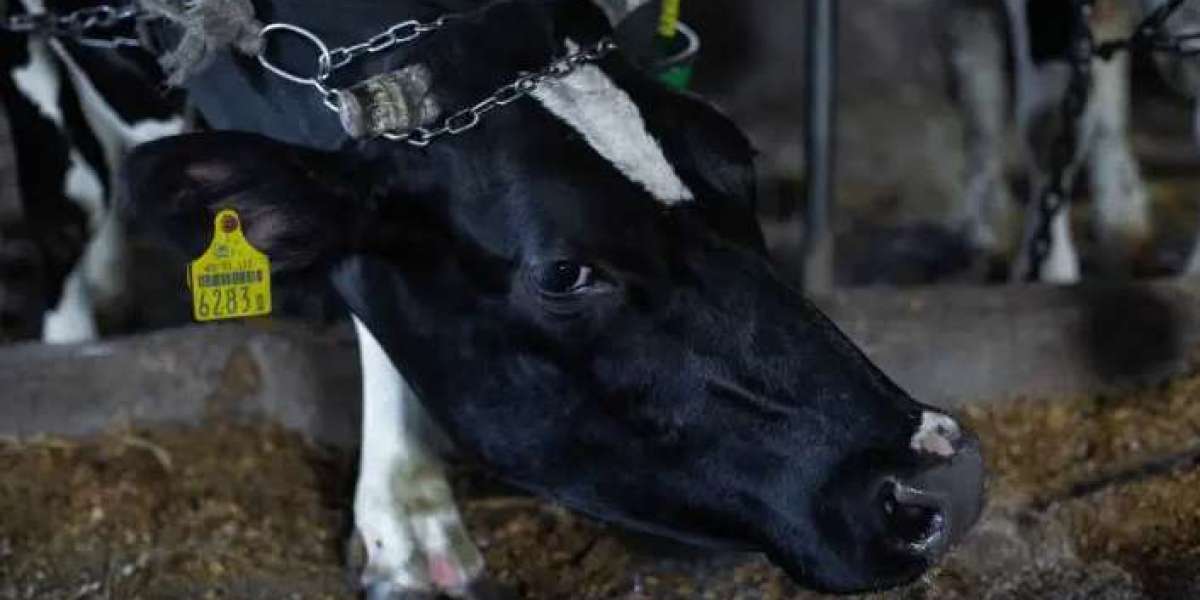Factory farming, the industrialized production of livestock, is often hidden from the public eye. This practice raises numerous ethical, environmental, and health concerns due to the cruel treatment of animals, the dangers posed by the meat and dairy industries, and the environmental costs. Understanding these issues highlights the benefits of adopting a vegan diet and the importance of ethical eating.
Cruelty in Farms and Factory Farm Animal Abuse
Factory farms prioritize profit over the welfare of animals, leading to widespread cruelty. Animals are often kept in cramped, unsanitary conditions, subjected to physical mutilations without anesthesia, and denied natural behaviors. For example, pigs are confined in gestation crates so small they cannot turn around, while chickens are packed into battery cages where they have no space to spread their wings. These conditions cause immense physical and psychological suffering, leading to severe health issues and high mortality rates.
The Dairy Industry: Hidden Dangers and Cruelty
The dairy industry is rife with hidden cruelty farm. Cows are repeatedly impregnated to maintain milk production, and their calves are taken away within days of birth, causing immense distress to both mother and calf. Male calves, considered a byproduct, are often sold for veal or discarded. The cycle of constant milking and impregnation leads to physical exhaustion and a shortened lifespan for dairy cows.
Health Hazards of the Meat and Dairy Industries
The meat and dairy industries pose significant health risks to consumers. Regular consumption of meat and dairy products is linked to heart disease, cancer, diabetes, and other chronic illnesses. Moreover, factory farming's heavy use of antibiotics to prevent disease in overcrowded conditions contributes to antibiotic resistance, a growing global health threat that renders common infections harder to treat.
Environmental Costs of the Meat Industry
Factory farming is a leading cause of environmental degradation. Livestock production contributes to deforestation, particularly in the Amazon, to make room for cattle ranching and growing animal feed crops like soy. This destruction of forests not only displaces wildlife but also accelerates climate change by releasing stored carbon dioxide.
Moreover, the meat industry is a major source of greenhouse gas emissions, including methane from cattle and nitrous oxide from manure management. These emissions significantly contribute to global warming, making animal agriculture one of the top contributors to climate change.
Antibiotic Resistance in Farming
The overuse of antibiotics in factory farming accelerates the development of antibiotic-resistant bacteria, posing a severe risk to human health. These superbugs can transfer from animals to humans through direct contact, consumption of contaminated meat, or environmental pathways such as water runoff from farms. As antibiotic resistance grows, common infections become harder to treat, posing a significant public health crisis.
Benefits of a Vegan Diet: Health, Ethics, and Sustainability
Adopting a vegan diet offers numerous benefits, from improved health to reduced environmental impact. A plant-based diet is rich in nutrients, high in fiber, and low in saturated fats, which helps lower the risk of chronic diseases. Vegan diets are associated with healthier body weight, lower cholesterol levels, and better heart health.
Sustainability and Environmental Impact: Veganism significantly reduces your carbon footprint. Plant-based diets require fewer resources, such as water and land, compared to meat-based diets. By cutting out animal products, individuals can help reduce greenhouse gas emissions, conserve water, and prevent deforestation.
Ethical Vegan Eating: Choosing a vegan lifestyle aligns with the values of compassion and respect for all living beings. Ethical veganism rejects the exploitation of animals for food, clothing, or any other purpose, promoting a more humane and just world.
Debunking the Protein Myth and Embracing Plant-Based Protein Sources
One of the most persistent myths about veganism is the idea that plant-based diets are deficient in protein. However, numerous plant-based protein sources, such as beans, lentils, chickpeas, quinoa, tofu, and nuts, provide all the essential amino acids needed for a healthy diet. Studies have shown that vegan athletes and bodybuilders can achieve excellent performance and muscle growth on a plant-based diet.
Conclusion
The meat and dairy industries' practices pose ethical, environmental, and health hazards that are increasingly difficult to ignore. By understanding the cruelty inherent in factory farming and the numerous benefits of a vegan diet, individuals can make informed choices that promote personal health, protect the environment, and reduce animal suffering. Shifting towards plant-based eating is not only a powerful step towards a healthier lifestyle but also a critical move in the fight against climate change and animal cruelty.








